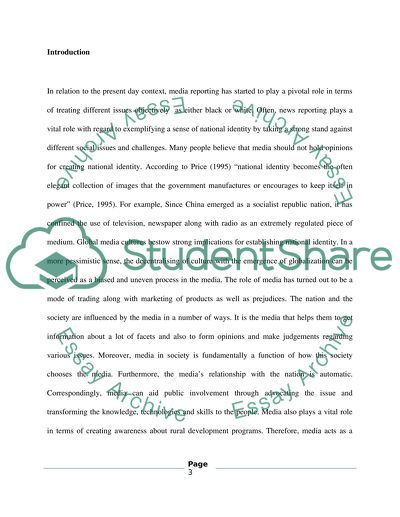Cite this document
(“Global Media Cultures: How do the media contribute to maintaining a Essay”, n.d.)
Retrieved from https://studentshare.org/journalism-communication/1488443-global-media-cultures-how-do-the-media-contribute
Retrieved from https://studentshare.org/journalism-communication/1488443-global-media-cultures-how-do-the-media-contribute
(Global Media Cultures: How Do the Media Contribute to Maintaining a Essay)
https://studentshare.org/journalism-communication/1488443-global-media-cultures-how-do-the-media-contribute.
https://studentshare.org/journalism-communication/1488443-global-media-cultures-how-do-the-media-contribute.
“Global Media Cultures: How Do the Media Contribute to Maintaining a Essay”, n.d. https://studentshare.org/journalism-communication/1488443-global-media-cultures-how-do-the-media-contribute.


